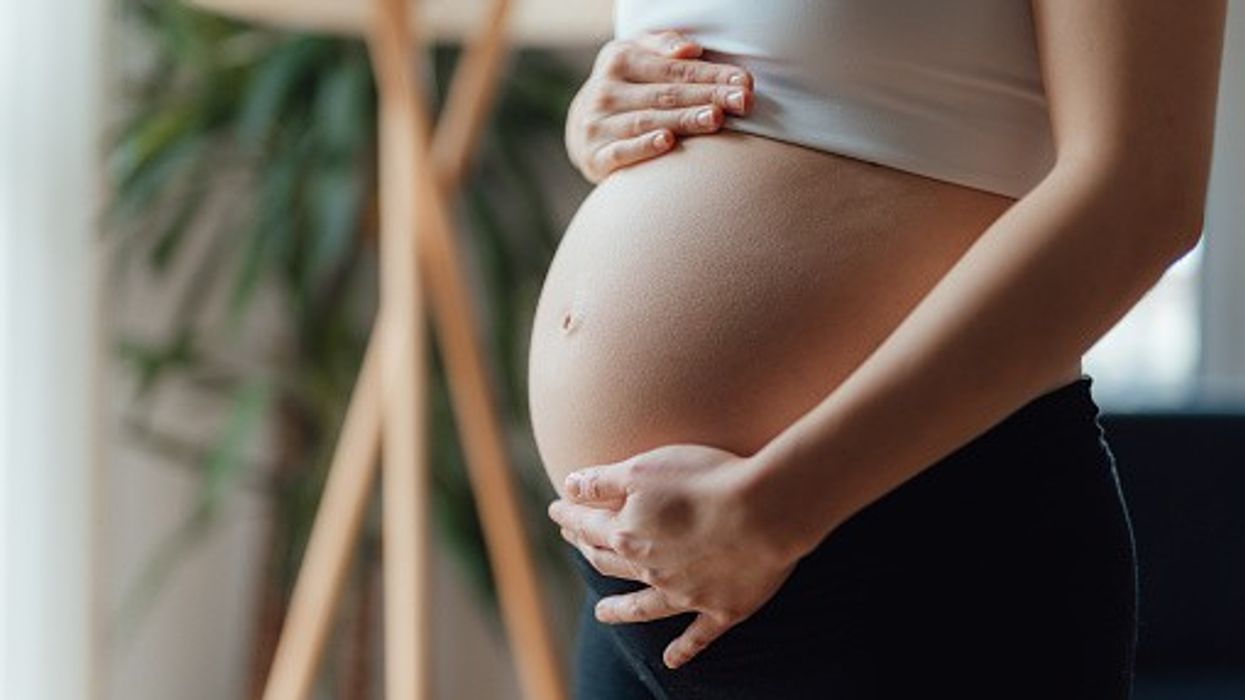Key Summary
- Maternal deaths are rising in the UK despite low birth rates, with women over 35 most at risk
- Health Secretary Wes Streeting has launched a national investigation into failing maternity care
- NHS progress is lagging in key areas like listening to women, compassionate treatment, and postnatal support
The UK is currently facing a concerning situation with increased deaths of women during pregnancy or soon after giving birth, while the number of births remain low.
Maternal death occurs during pregnancy or within 42 days post giving birth due to issues in delivery or stillbirth.
Health secretary Wes Streeting recently confessed regarding the poor maternity facilities in the NHS.
He said this has led to “the normalisation of deaths of women and babies”.
While the statistics by the House of Commons Library indicated that there were 209 maternal deaths in 2015-17 across England, Scotland, Wales and Northern Ireland, the numbers increased to 254 by 2021-23.
Studies emphasise that the death rates are growing by 12.67 with every 100,000 new births.
Reports from Mothers and Babies: Reducing Risk through Audits and Confidential Enquiries across the UK (MBRRACE-UK) also states that women, especially black women over 35 are at high risk of maternal death.
Followed by this, Streeting declared the ‘rapid national investigation’ to uproot the issue.
Streeting declared that the investigation “would provide truth and accountability for impacted families and drive urgent improvements to care and safety, addressing systemic problems dating back over 15 years.”
The investigation will focus on areas that rose most concerns such as Leeds and Sussex by considering responses of affected families.
The Morecambe Bay, East Kent and Shrewsbury and Telford NHS trusts and Nottingham are other areas criticised for maternity-related issues.
Streeting has also chaired a new taskforce to ensure the progress in such issues.
Commons Library research found that progress has gone backwards in 11 out of 31 areas promised in NHS England’s 2023 maternity and neonatal care plan. These include how staff listen to women during labour, how kindly they are treated, and how clearly postnatal care is explained.













